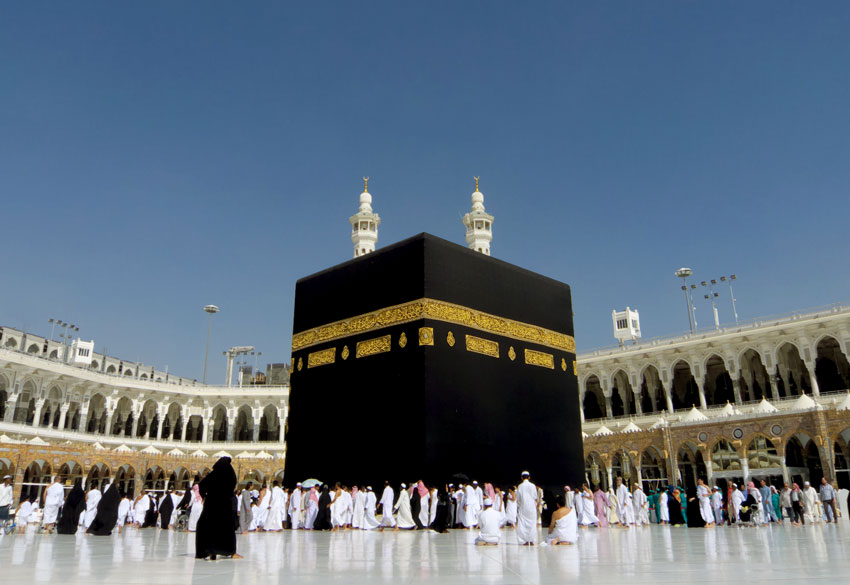
[dropcap]S[/dropcap]ubsequent to mentioning the story of rescuing Prophet Ibrahim and Prophet Lut and granting Ibrahim (as) righteous children,[1] the Quran reflects on the imamah and leadership of this great Prophet and a number of values, plans and qualities pertaining to this divine position: “And we made them leaders, guiding (mankind) by our command, and we inspired in them the doing of good deeds, performing salat, and the giving of zakat and of us (alone) they were worshippers.”[2]
The above ayah indicates that the five qualities of the imam are as follows:
1. Calling the people to God.
2. Aspiring to do good and righteous deeds.
3. Upholding the ritual of prayer (salat).
4. Giving of zakat (charity).
5. Only worshipping Allah.
Precisely speaking, imamah is the manifestation and fulfillment of all divine plans, in other words, it is the implementation of takwini (generative) and tashri’i (legislative) guidance, which can be portrayed as the sun, that cultivates each and every living creature with its light.
The first quality of the imam is that: he guides the people to our noble cause (یهدون بامرنا), not only does he direct them to the right path; he actually walks those worthy through the path all the way to the final destination.[3]
The second, third and fourth endowment and quality of the imam is that we inspired in them the doing of good, performance of prayer and giving of zakat (و اوحینا الیهم فعل الخیرات و اقام الصلوة و ایتاء الزکاة).
This type of revelation can be a matter of tashri’i revelation, meaning that we included a variety of good deeds, the act of prayer and zakat in their religious doctrine, or it can be a matter of takwini revelation, indicating that we granted them the tawfiq (i.e., the opportunity), ability and strength to perform such things.
And in the fifth and last phrase, the Quran reflects on their obedience, saying: And of us (alone) they were worshippers (و کانوا لنا عابدین).[4]
Additionally, the expression (کانوا), that which implies continuance and persistence on this particular matter, suggests that they were pious and righteous believers prior to becoming prophets or imams and that it was for this very dedication to the divine that prepared them for new blessings from God.[5]
————————————
[1] Anbiya’:71 and 72.
[2] “و جعلناهم ائمة یهدون بامرنا و اوصینا الیهم فعل الخیرات و اقام الصلوة و ایتاء الزکوة و کانوا لنا عابدین” Anbiya’:73.
[3] Makarem Shirazi, Naser, Tafsir Nemouneh, vol. 13, pg. 455, with some alteration.
[4] Ibid, pg. 456, with slight alteration.
[5] For further reading, see: Tafsir Nemouneh, vol. 13, pp. 451-157; Pasdare Eslam Magazine, no. 298, Sept. 2006, pg. 10, article on the imams and leaders of guidance.








